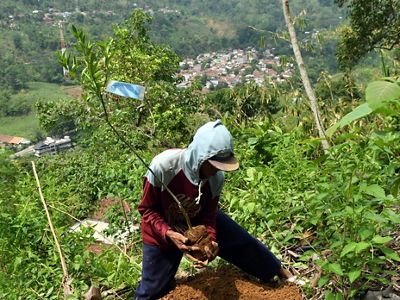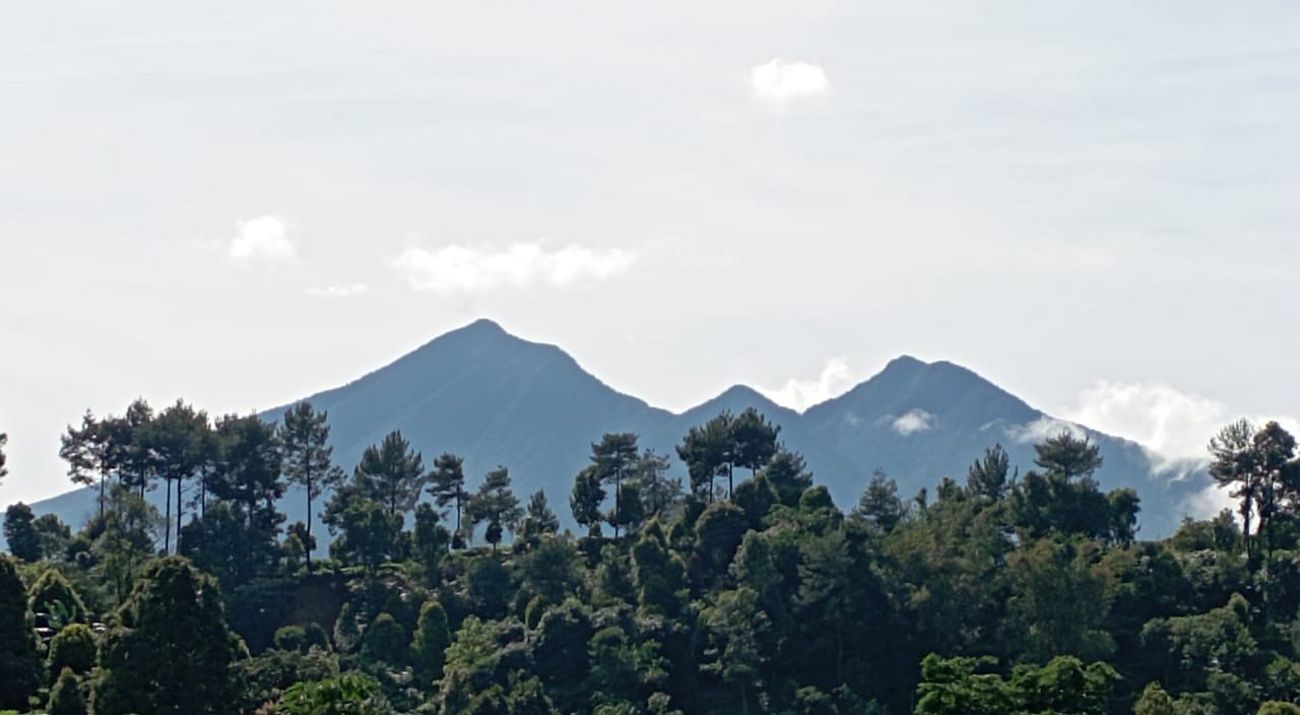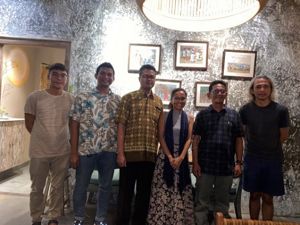Watershed (DAS) accommodate, store, and channel water from rainfall to lakes or the sea naturally. This area is important as a hydrological unit that distributes water before it ends up in lakes and seas.
Through the Integrated Watershed Management Integration program, YKAN has assisted residents around the Muria Watershed in Central Java and the Cisadane Watershed in West Java since 2000 with PT Djarum and PT Multi Bintang Indonesia (MBI) support. The community assistance approach YKAN uses is the Citizens' Inspirational Action for Change (SIGAP), which prioritizes efforts to improve the welfare of residents by maximizing the potential and assets of the village where they live. Apart from community empowerment, YKAN also carries out rehabilitation around the Muria watershed, such as planting trees to withstand the pressure of deforestation and the sedimentation rate, as well as managing agricultural land that is not environmentally friendly. The intervention area is 700 hectares, including the villages around the Muria Mountains. There are five villages assisted by YKAN: Colo Village, Japan Village, Menawan Village, Rahtawu Village, Ternadi Village, and Gondoharum Village, in the Patiayam area.

Then, from West Java, the program was implemented in the Cisadane watershed, one of Indonesia's critical watersheds. This watershed only has 36.6 percent forest cover, resulting in decreased water quality and ecology and increased carbon emissions. The Cisadane Upstream area of 110,481 hectares provides essential benefits for 1.7 million people who depend on the Cisadane watershed, especially for clean water, agriculture, livestock, industry, etc. In this program, YKAN collaborates with the Mount Halimun Salak National Park (TNGHS), the communities of Cibunian Village and Purwabakti Village, community social organizations (NGOs), and Village-Owned Enterprises (BUMDes), and Forest Farmer Groups.
YKAN targets rehabilitating 200 hectares of critical land around the Cisadane watershed during the program implementation period (2019-2024). Cibunian and Purwabakti residents are actively involved in planting and monitoring plants on the rehabilitation land. They have developed an awareness of protecting water sources while protecting the village from the threat of disaster.





